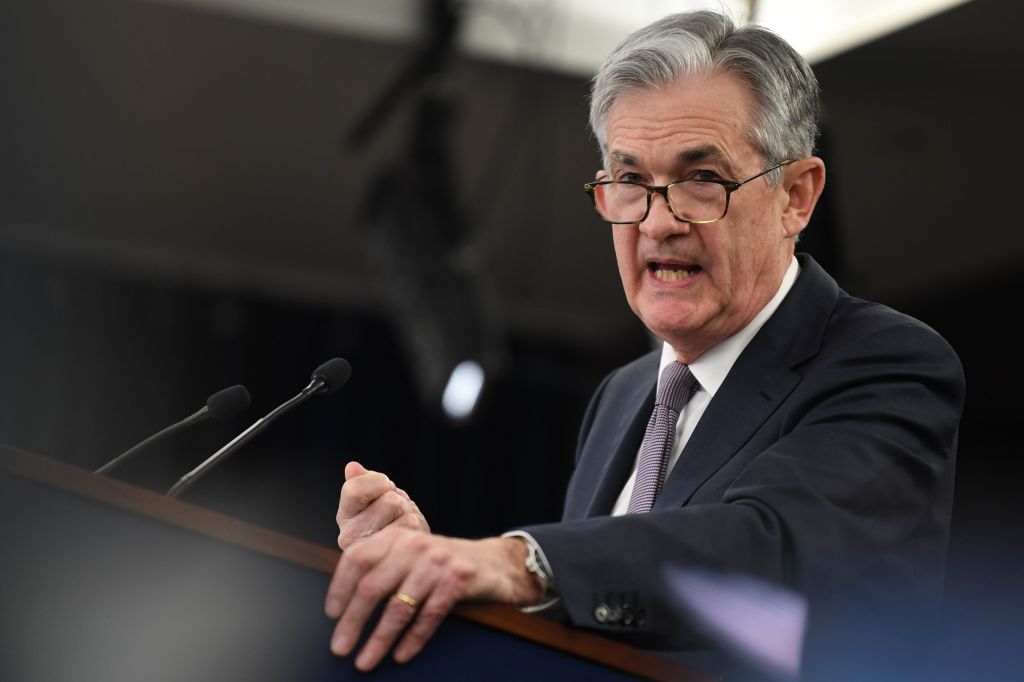Major central banks reiterated that they regard current inflationary pressures as transitory. But second Hendrik Tuch, Head of Fixed Income NL di Aegon Asset Management, the dynamics underlying the rise in consumer price indices may not be exactly temporary. A likely squeeze by the Fed and the ECB in the face of more sustained inflation, however, could take the markets by surprise.
According to the expert, in fact, looking at the 10-year rate in Germany (which is still -0.22%) and in the United States (around 1.45%) it would seem that the bond markets do not expect a substantial rate hike cycle over the next decade, thus underestimating the situation.
History remembers …
Over the past few quarters, explains Hendrik Tuch, “we have seen price shocks in many sectors, phenomena that have generally been attributed to ‘supply shortages’ or other presumably temporary factors. But the surge in transportation costs, the rising costs of building materials, computer chips and natural gas are only indications of healthy demand for products, which in the end it will lead to an appropriate response of the offer”.
The expert recalls that “in the 1970s and 1980s the inflation boom began with an alleged ‘temporary’ rise in the price of oil, which was then followed by sharp chain price increases of each product in the inflation basket. This is because companies have found themselves forced to adjust prices and labor costs. Today, much of the production price pressure has yet to be charged to consumers, who will then ask for adequate salary compensation. In the United States, wage pressure in the lower end of the labor market has already begun to mount. The lack of available manpower, combined with the rise in the consumer price index, will most likely push wages at a speed we haven’t seen in decades. “
The effect of CO2 reduction policies
Another important factor largely ignored by the financial markets, Hendrik Tuch points out, “is the collective acceleration of measures to reduce carbon emissions, especially in Europe. Massive investments are needed to achieve the rather ambitious objectives set by the EU; European companies will face an increasingly hefty bill for CO2 emissions and future imports will also be subject to additional carbon taxes to ensure that production does not move out of the EU. Investments, public and private, will require a lot of additional materials, which will put further pressure on prices, while for consumers there will be a significant increase in expenses, especially on transport and energy consumption ”.
All of these factors, according to the expert, “will be part of the future calculation of the consumer price index and have the potential to push it above 2% for a long time. But the commitment of EU governments is clear and supported by a large section of the electorate. It may take some time for bond markets to realize that inflation is here to stay. And when that happens, there will be some volatility. Central banks will have to recognize this and react accordingly, reducing purchasing programs and even taking into account a decent stiffening cycle. A quick look at current market returns and earnings multiples shows that the markets are completely unprepared for such an outcome. “
Considering natural gas prices, Hendrik Tuch concludes that “consumers are rapidly stocking up on warm sweaters for the winter. Likewise, investors should hurry to find ways of protection against market volatility”.
